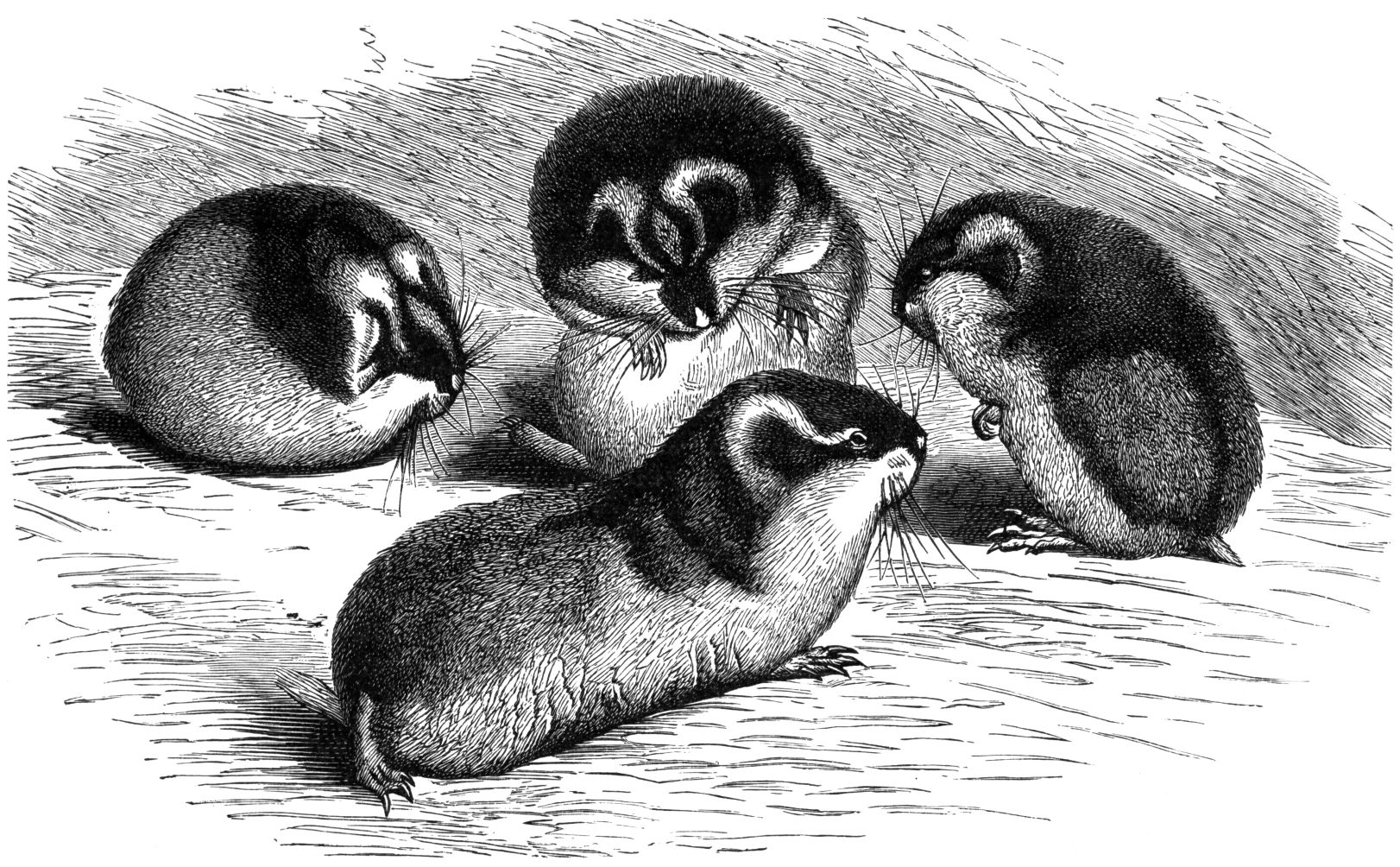… and then coming to terms with it like Germany has for theirs.
The second part is as important as it is unfortunately damaging to some closely-clutched points of view.
In Germany terms we might already be in like the 80’s, so that’s nice.
The CPC disliked that
Ditching the monarchy would be an important step in making that possible.
Unfortunately, most of the treaties were nation to nation negotiated with the Crown. Reopening treaty negotiations would be fraught with pitfalls.
Legally I think that’s a pretty simple issue. If the treaty was negotiated between the Crown and the natives, then if Canada no longer represents the crown Canada is no longer liable for those treaties. Native leaders would have to negotiate directly with the UK monarchy instead, and many of those treaties would simply be voided since the Crown would no longer have ownership of the land.
Practically, it would fuck over a lot of people and also be a really bad move politically.
@Rodeo @Apollonius_Cone
Or, if the Crown no longer owns land in this country, the land would revert back to the FN’s?** Clovis People have entered the…**
Oh, wait.
I, for one, welcome our new mammoth-hunting overlords.
This is the best summary I could come up with:
Mary Simon said Saturday that Canada’s education system should place greater emphasis on Indigenous history and languages, as she spoke at a National Day for Truth and Reconciliation event on Parliament Hill.
National Day for Truth and Reconciliation, a federal statutory holiday, recognizes the legacy of Canada’s residential school system and its harms to Indigenous Peoples.
Closing the gaps between Indigenous and non-Indigenous communities in terms of infrastructure, health care and education would require hard work, she added.
“There are many who would like us to simply brush over the past and pretend it didn’t happen because they feel that talking about truth and reconciliation, marking this day, somehow diminishes us as a country,” he said during a speech.
Speakers at the Parliament Hill event highlighted residential school survivors and Indigenous elders, who discussed their experiences as well as their hopes for the future.
Natan Obed, president of Inuit Tapiriit Kanatami, told CBC News he had been struck by the ceremony and the experiences of residential school survivors.
The original article contains 676 words, the summary contains 166 words. Saved 75%. I’m a bot and I’m open source!


